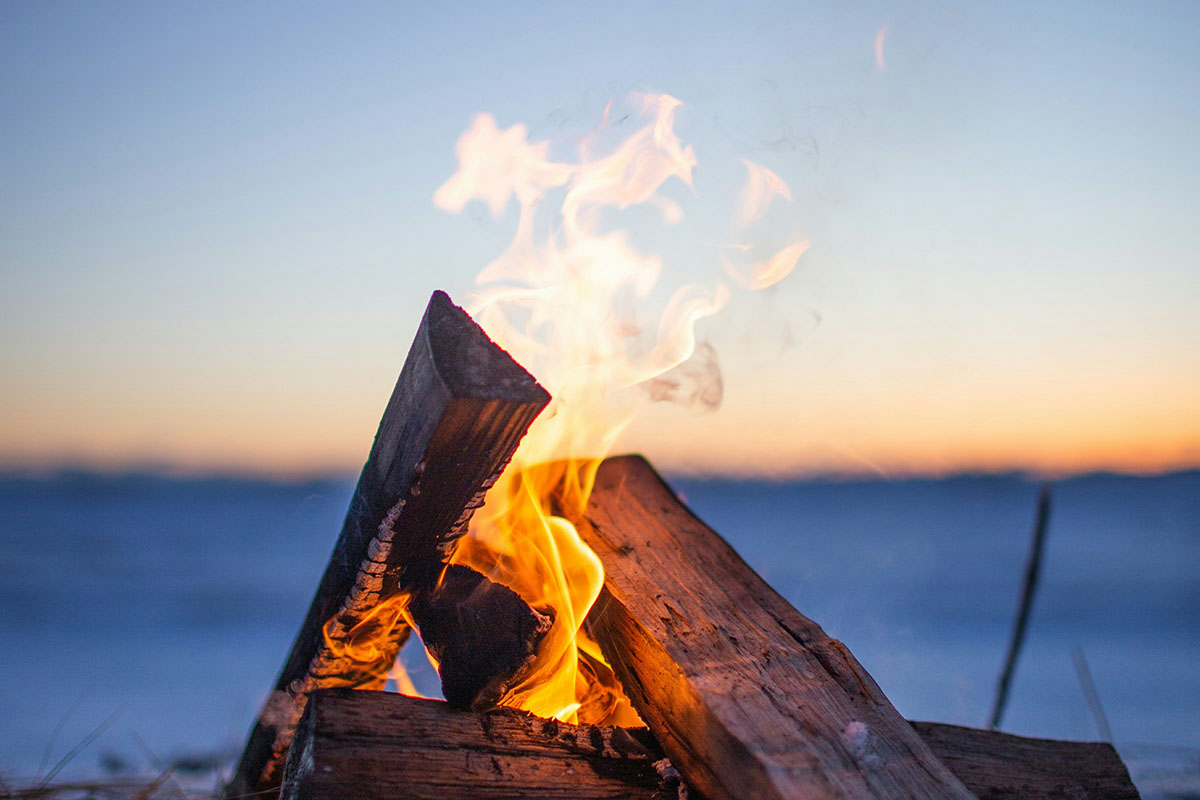

Survival in the wilderness often demands starting a fire, especially when exploring the high alpine. Whether you’re facing freezing temperatures, wind, or unexpected weather, a proper fire starter means you can stay warm, stay safe, cook food, and signal for help when you need it.
Videos by Outdoors with Bear Grylls
If you’ve ever been stuck in the middle of the wilderness freezing, or rubbing two twigs together to no end, you probably need to start carrying a fire starter in your survival kit.
When hiking or camping in remote areas, having a dependable fire starter can make the crucial difference between being comfortable and thinking you’ll barely make it through the night. If you find yourself in remote areas often, a fire starter is essential in an emergency kit, providing peace of mind for any adventurer exploring the great outdoors.
The best survival fire starter is the überleben Zünden Fire Starter. Crafted to make starting a fire feel comfortable and easy, this option has an elegant handle and multi-tool, making it the perfect fire starter for your kit.
But that’s not all: we’ve got picks for the lightest fire starter, the longest lasting, the best for a survival kit, and more. Read on to see our picks for the best fire starters in 2024.
This post contains affiliate links. Outdoors.com may earn a commission when you make a purchase through these links. Thank you for your support.
Best Fire Starters for Survival
- Best Overall Fire Starter: überleben Zünden Fire Starter
- Easiest to Use: Bayite Survival Ferrocerium Drilled Flint Fire Starter
- Best Survival Kit: Survival SPARK Magnesium Survival Fire Starter
- Best Lightweight Fire Starter: Light My Fire FireSteel Scout Magnesium Fire Starter
- Best Long-Lasting Ferro Rod: Light My Fire Swedish Firesteel Army
- Best Simple Ferro Rod: Exotac nanoSTRIKER XL Self-Contained Ferrocerium Fire Starter
Best Overall Fire Starter: Überleben Zünden Fire Starter
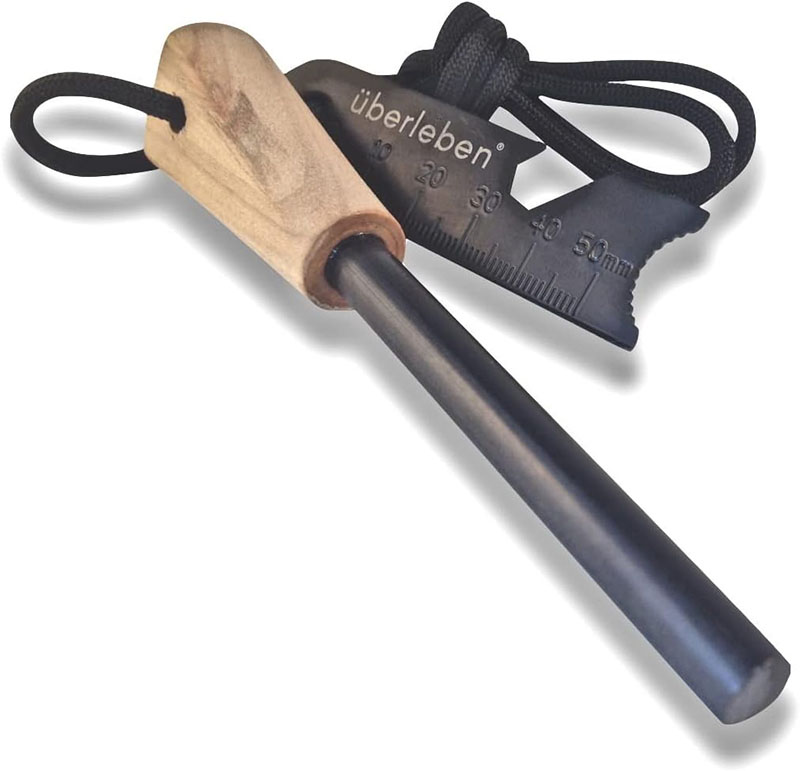
The Überleben Zünden fire starter has a unique wooden handle that is very comfortable to grip. This fire lighting system is simple; strike the ferro rod to generate sparks up to 5,500° Fahrenheit using the steel scraper.
The handcrafted hardwood handle is made from premium 100% hardwood, so you have a textured grip when striking. Their trademark Sånft-korr ferrocerium blend allows you to get a hot flame and light a roaring fire easily at any altitude when it’s wet or cold.
The Zünden Fire Starter has three thickness options: an 8mm diameter that lasts for around 12,000 strikes, a 10mm diameter that lasts for around 15,000 strikes, and the Fatty, a 12.5mm diameter that lasts for 20,000 strikes. The smallest and most popular weighs only 1.76 ounces, so you’ll hardly even notice it in your pack.
In a survival situation, this easy-to-grip ferrocerium rod will be your go-to. What we really like is the steel scraper features a straight-edge striker, a ruler, a map scale, a tinder scraper, a hex wrench, and a bottle opener. While those extras aren’t essential, they make it extra useful as a multi-tool when you don’t want to carry tons of gear on a survival mission.
The Überleben Zünden Fire Starter also comes with a 550 paracord lanyard, so it’s easy to keep track of it on your body or in your pack.
Ideal for bushcraft, backpacking, camping, and emergency situations, this survival fire starter is awesome for its versatility with the multi-tool component, and for the wooden handle making it pleasant to use (and look at), whether for starting a campfire, cooking, or signaling for help.
Easiest to Use: Bayite 4-inch Survival Ferrocerium Drilled Flint Fire Starter
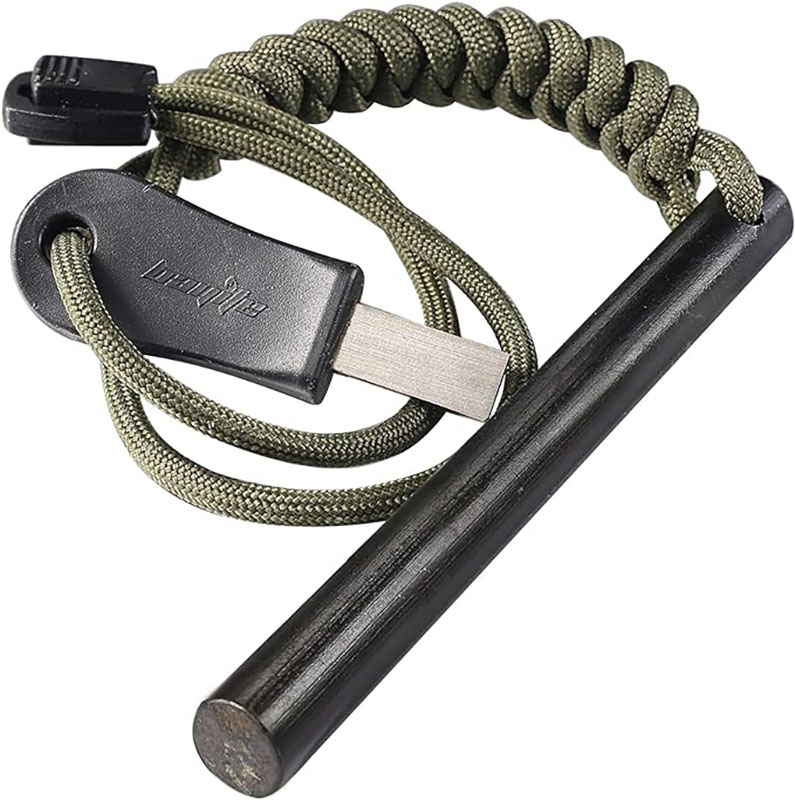
The Bayite Ferrocerium Drilled Fire Starter features 4 inches of ferrocerium that easily sparks. It works by rubbing the steel striker on the rod and pushing it forward toward the tinder. It’s weatherproof and perfect to use in snowstorms or high altitude. Plus, it’s incredibly inexpensive too.
The Striker-Pro striker, made from tool-grade HSS steel, is pretty much the hardest striker you can get, so it will make a consistent shower of hot sparks for fire starting, even when the wind or weather is less than desirable. You should never use a knife with the fire starter; always use the steel striker. The 5 feet of paracord make it easy to grip and hold when you’re making sparks.
The compact design of the ferrocerium rod, which is only 4 inches in length and 3/8 inches in diameter, makes it convenient to carry without adding any bulk to your gear. It produces sparks at temperatures of 5,500° Fahrenheit, so it’s hot enough to make it waterproof and weatherproof, essential for making a survival fire. This fire steel is a favorite because it can produce consistent sparks in pretty much any weather, meaning you can efficiently start fires for warmth, cooking, or signaling for help when you need it.
However, some users have noted drawbacks, such as the ergonomic challenges posed by the striker’s design, which sometimes makes it uncomfortable when you use it over and over. However, the overall consensus praises the dedicated striker for its simplicity and hardwearing qualities, making it a valuable addition to any emergency kit.
Best Budget Survival Kit: Survival SPARK Magnesium Survival Fire Starter
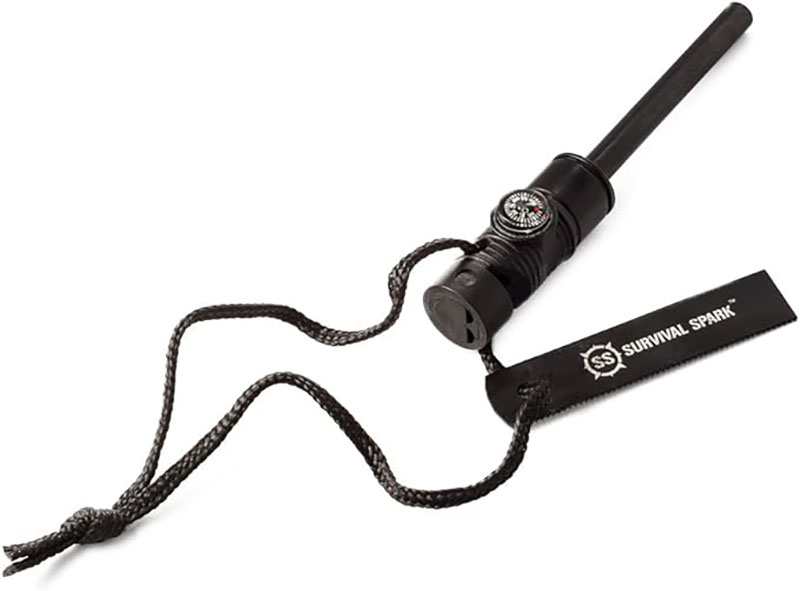
The Survival Spark Fire Starter stands out because it has some extra features, like a compass and whistle. With the added compass and whistle, it’s more than just a fire maker; it is also a useful tool to add to your emergency kit. Of course, you’ll need to know how to use the compass, but having it there with your emergency fire starter kit means you won’t ever forget it.
The whistle is great for those going to remote areas and want the comfort of being able to signal for help. In terms of the rod, it’s magnesium, which means it’s very light, less than 1.7 ounces, but you have to scrape off the outside first before you can start the fire. Then it’s pretty handy to keep the fire started and lit. You then use the smooth side to light the fire, your kindling, leaves, pitch wood, or twigs, by scraping with the steel scraper.
Some reviewers commented that they felt they could not fully trust the compass, but it’s a great addition in a pinch.
The rod can be used 15,000 times before needing replacement and can light tinder in any weather, including plant fluff, asters fluff, cattail seeds, milkweed, and more.
The handle is pretty comfortable and it’s small and compact, so can go into your bag easily.
Best Lightweight Fire Starter: Light My Fire FireSteel Scout Magnesium Fire Starter
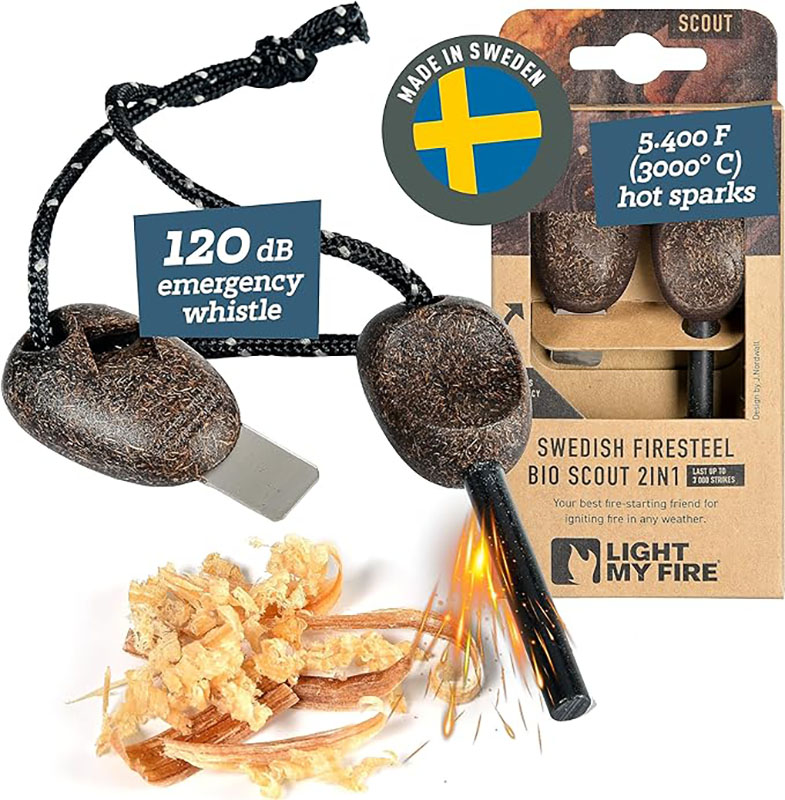
We love this option for how small and light it is. It weighs less than an ounce, so you’ll hardly notice it’s there.
Light My Fire FireSteel Scout has two components: a rod containing a painted grip made of bioplastics and a steel striker, which also includes a grip. The pair can remain on a paracord lanyard to prevent the parts from going missing. To use it, scrape the metal striker down the rod and sparks will fly onto your fuel sources and tinder.
It also has some extra features like the whistle. It’s so easy to use, their site says, “even a child can ignite” with this ferro rod. This rod being so small, it lasts for only 3,000 strikes, so that’s a much shorter lifespan than some of the other fire starters, but because it’s so handy and tiny, it’s still worth having this one if you’re looking for something extremely compact to put in your survival fire kit.
It’s still waterproof, so you can light a fire with no problem as it has a “striker that doesn’t quit.” It works in any conditions, windy or in higher altitudes. It can strike at 5,400° Fahrenheit to light up campfires. It’s handy for everyday use; you can just leave it near the campfire pit or grill and use it at home too.
The handles are made from BPA-free 96% bio-based plastic, but because they are so small, they may be a bit more difficult to manage and hold. The rod is made from magnesium with a strong nylon cord; the strike is stainless steel.
They are military grade and made in Sweden, stating that the bio-based plastic is used with the intention of being more sustainable in their survival fire starters.
Best Long-Lasting Ferro Rod: Light My Fire Swedish Firesteel Army
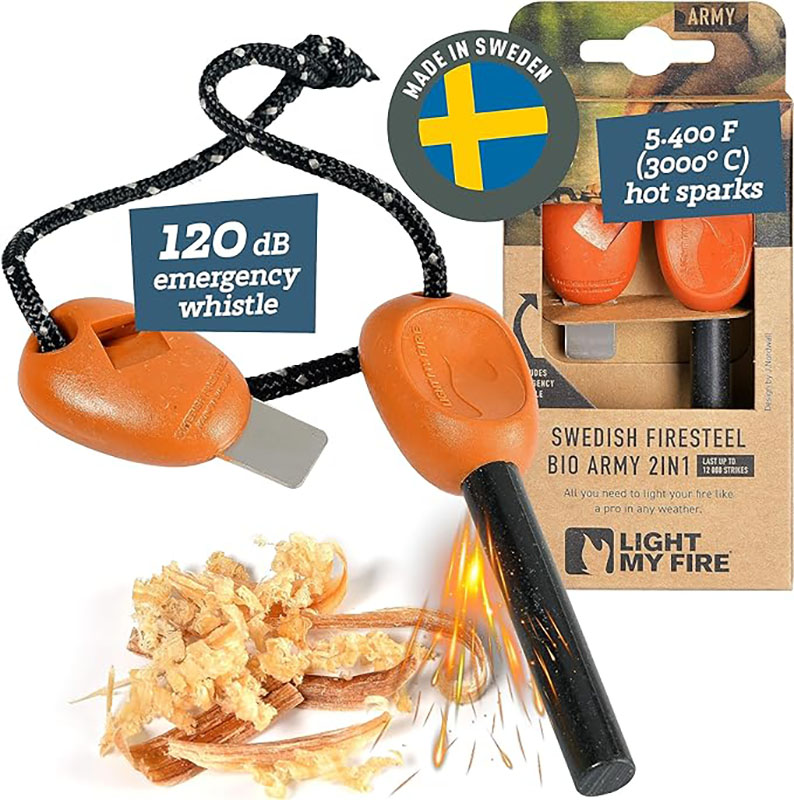
This ferro rod from Light My Fire is a bit heavier, though still light at just more than 2 ounces, but it has a lot more strikes in the process. It lasts for 12,000 strikes and we like the combination of its lightness with how long it lasts.
Light My Fire Swedish flame steel is an absolute benchmark for types of ferro rods. They are thought to be some of the toughest, and the cost is still reasonable. The high-standard European steel is widely regarded among survivalists for its strength, long-lasting quality, and for how easy it is to use.
This upgraded version has a whistle, is waterproof, and strikes a flame at 5,400° Fahrenheit. It lasts a long time, allowing you to strike a blaze for months and months instead of having to replace it after a few thousand flame strikes.
Alongside their trademark sustainable bioplastic handles, it includes a strong nylon cord connecting the pieces: stainless-steel striker, whistle, and spark-sure magnesium fire starter alloy.
The handles are quite small, so that may be a challenge, but for how light it is and how long it lasts, it’s a great choice.
Best Simple Ferro Rod: Exotac nanoSTRIKER XL Self-Contained Ferrocerium Fire-Starter
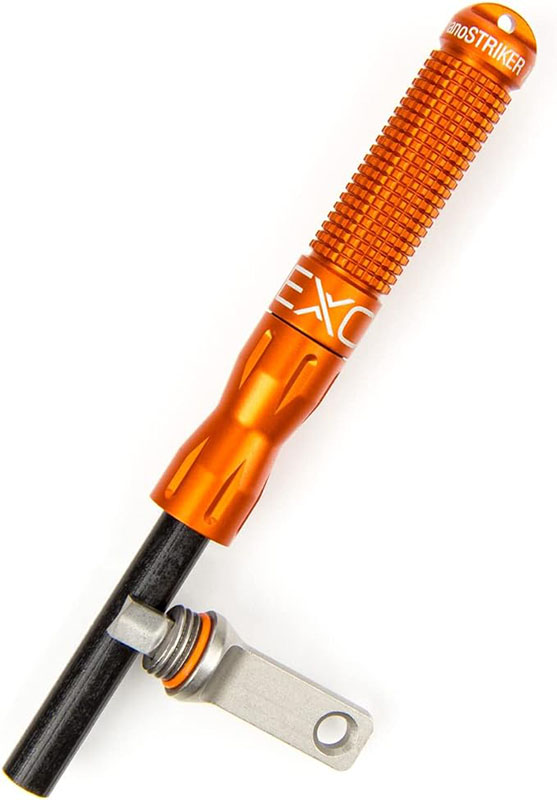
The 1/4-inch nanoSTRIKER ferro rod is one of the smallest and most compact strikers. It’s a pocket-sized rod that is simple—it’s just for making a fire. It’s so small it can be folded and collapsed into a key chain, so it’s neat to store away. You can replace the ferro rod when it runs out on this particular striking tool, so that makes it produce less waste. You get about 3,000 strikes per rod out of this small tool.
The tool includes a built-in stainless steel and tungsten carbide striker that will outlast even the fiercest of fire craftsmen. The striker has a high-grade 6061 anodized aluminum body, replaceable ferrocerium rods, a sharp tungsten carbide striker, and also a flammable lanyard for instant kindling.
These are made in the USA, and they make their products to last for life, hence the replaceable rods.
Buyer’s Guide
Although fire starters are less complicated than lighters, there are still certain things to look out for when buying one. Check what material it is made from and choose something that will be dependable, whether magnesium or ferrocerium.
Choosing a fire starter with an ergonomic design is important. The last thing you want to do is fiddle around desperate to get a spark when you’re freezing and alone.
Some fire starters have survival kits or tools built into them, so if you want something that is multipurpose, choose one that comes with extra features that’ll allow you to pack less in your bag.
Check how long the product lasts, how many strikes, and also how large it is, in case it’s easier for you to handle a larger or smaller starter.
Check the reviews and make sure that the fire starter stands up well in unexpected windy conditions or seriously cold weather; the last thing you want is your fire starter to cop out when you really need it.
Other fire starters include waterproof matches for wet environments or fire-starting gels or pastes that are made to ignite easily and burn at high temperatures.
Types of Survival Fires
When using a fire starter, you should also know which fire design type will be most useful in your survival situation.
Teepee Fires
The teepee fire design is a classic fire method widely used for its efficiency. Gather three sticks and create a teepee shape with small kindling. Gradually add thicker kindling, leaving a small opening for the tinder bundle. Complete the structure with larger wood on top and light the kindling to ignite the fire.
Log Cabin Fire
For a stable fire that rarely collapses, try a log cabin design. Dig a small trench and lay two parallel logs. Add smaller logs perpendicular to create a square, then layer with kindling and tinder. Build up the cabin with decreasing wood thickness, lighting the tinder, and kindling to start the fire.
Upside-Down Fire
An upside-down fire is a more long-lasting fire design. Start with a layer of sand or dirt, followed by large logs arranged perpendicular to one another. Continue layering logs of decreasing size, filling gaps with dirt or sand. Light a small teepee on top to start the fire, which will burn slowly from the top down.
Two-Log Fire
For heat without much light, use a two-log fire design. Lay one large log parallel to the ground and add tinder and kindling. Place another log on top and secure it with spikes or stakes. Light the tinder, and the logs will burn slowly from the inside out, providing warmth throughout the night.
Self-Feeding Fire
For a survival fire that sustains itself, use this design. Make a ramp with logs at opposing angles. As the lower logs burn, the next ones roll into place, ensuring continuous burning throughout the night.
Body Length Design
For warmth, arrange large logs alongside your body length. Fill gaps with kindling and build teepees on top of the logs. Light simultaneously for an even-burning fire meant to keep your whole body warm.
Frequently Asked Questions
Is there an age limit for buying and using a fire starter?
In most places, there isn’t a specific age limit for buying or using fire starters like ferrocerium rods or waterproof matches, but it’s always worth checking the local regulations.
What does the military use for fire starters?
The Sparklite is the official fire starter for the U.S. Army Forces. It uses TinderQuick tabs with the Sparklite.
Sometimes, the military relies on fire starters such as magnesium rods, ferrocerium rods, waterproof matches, Bic lighters, and fire-starting gels or paste. Magnesium and ferrocerium rods create sparks when scraped, providing a reliable fire source even in harsh, wet weather.
Which fire starter is the best?
The best fire starter for survival and outdoor enthusiasts is the Überleben Zünden Fire Starter, because it’s affordable, easy to grip and use, and lasts a long time.
What is a survival fire starter called?
Ferro rods are often known as emergency survival fire-starting tools. Both ferro and flint rods are excellent and simple tools that light easily and act as self-generating fire starters. Some people may prefer to use a lighter, but they are less reliable.
How do I start a fire?
First, you’ll need to choose a fire design (see section above). To start a fire, gather your fuel source like a natural fire starter such as dry tinder, small twigs, or dry leaves that will ignite easily. Use a Bic lighter or a ferro rod to light your fire. After that, gather kindling, an egg carton, and/or slightly larger pieces of wood or birch bark and place them in your planned fire formation, leaving enough space for air to flow. You can pack cotton balls, dryer lint, or petroleum jelly as well, which can help start a fire when there is only wet wood and natural materials that won’t light.
Then, get your ferrocerium rod and striker. Use it to make sparks directly onto the tinder to start the fire. Gently blow on the sparks after a few seconds to make the flame grow. As the fire continues to burn, gradually add larger pieces of wood to the growing fire to increase burn time. As you add to the fire, start with smaller pieces and move to larger logs as the fire burns.
Maintain the fire by periodically adding logs and adjusting the arrangement of the wood to allow the flame to stay lit. Make sure the fire is fully extinguished before leaving.
Best Fire Starters for Survival in 2024
Selecting the perfect fire starter can seem challenging with so many options, so how do you make sure you’re choosing the best one that will help you survive in the unpredictable wilderness?
Look at the quality of the rod, what material it’s made from, how easy it is to hold and use, and whether it comes with extra survival features. Whether you opt for a ferrocerium rod or a magnesium rod starter, make sure you read the reviews.
Our top pick is the überleben Zünden Fire Starter. This fire starter is easy to hold and use, relatively small, lasts a long time, is made from high-quality materials, plus it’s affordable.
No matter which fire starter you choose, with the right tools at your side, you can face the wilderness with confidence, knowing you’re prepared to survive whatever challenges come your way.
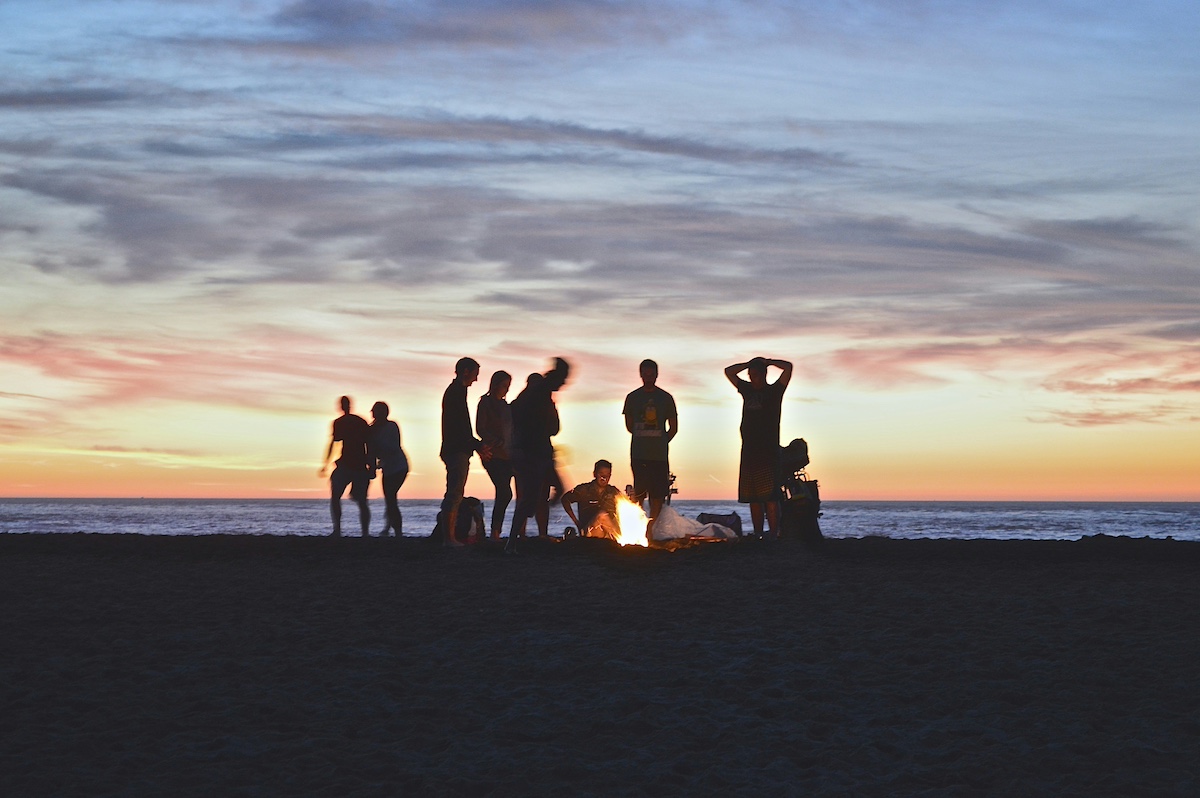
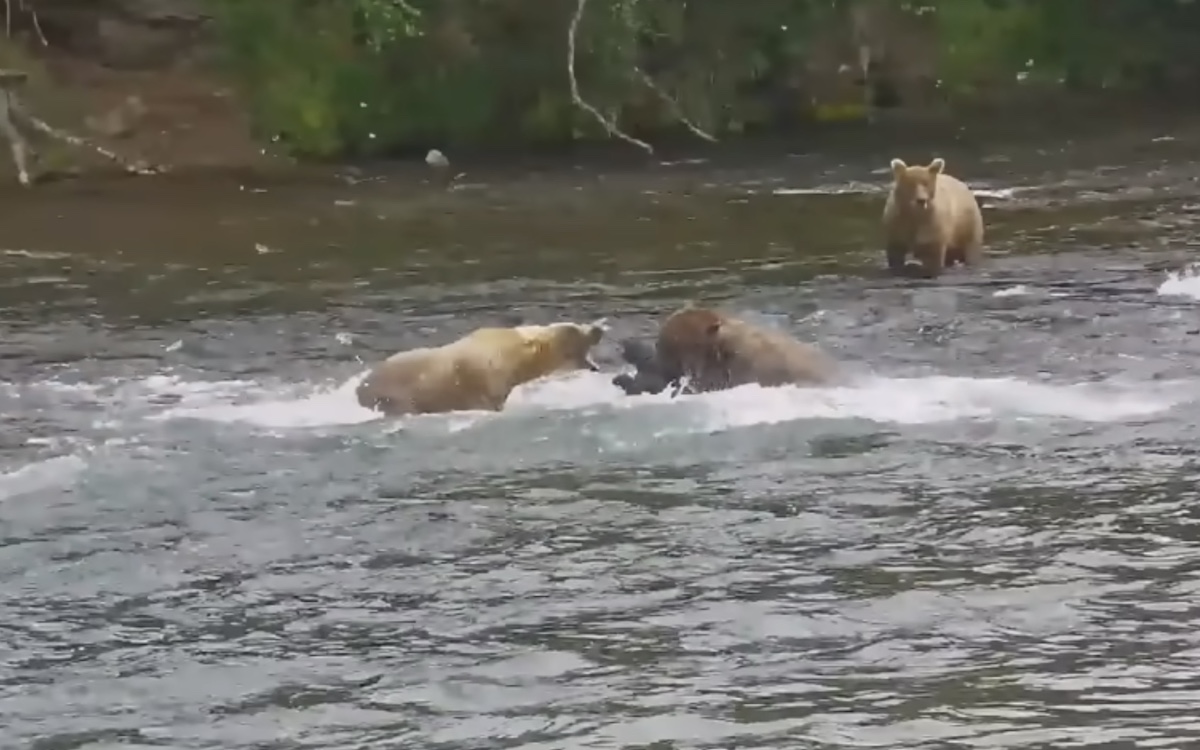
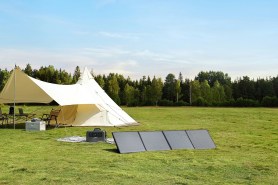
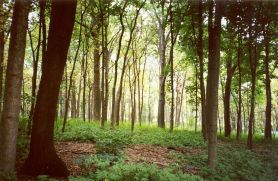
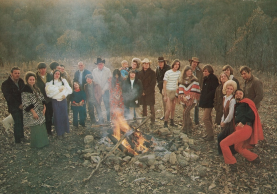
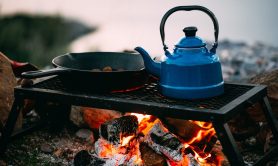
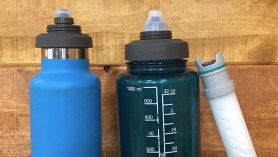
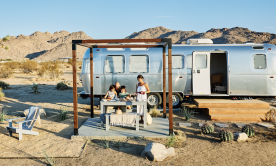
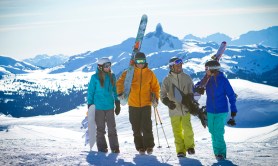

I am curious as to what criteria was used to determine what was best. There is no indications as to what testing was done and under what conditions they were done. Using terms like “Best” sounds very subjective when the determinants for what is “Best” are not listed. What kind of testing was done on these items and under what conditions were they tested? How many of these were tested in the field under adverse conditions?
I have been using firestarters for more than 50 years, (I am 73 and way back when, I was in the Army, overseas on a SAR team. Guys would use small chunks of C-4 to heat water in the canteen cups for coffee and put into the LRRP rations, which were freeze-dried. FYI, I preferred LRRPs to C-rations for the most part.)
I still go out into the woods and I always carry at least 5 ways to start a fire. I do not include matches as a viable option to start a fire when out in the boonies. From my standpoint, I avoid many of the multi-purpose tools, particularly in tools like knives, compasses, & firestarters, because they become more cumbersome. Some things are best when they are uni-taskers because they do one thing and they do it well. I have found that some of the multi-tasking tools are more likely to fail or they do not perform at more than one task as well as a uni-tasker does. There have been times in my life where if one of those tools had failed, I would not be here now